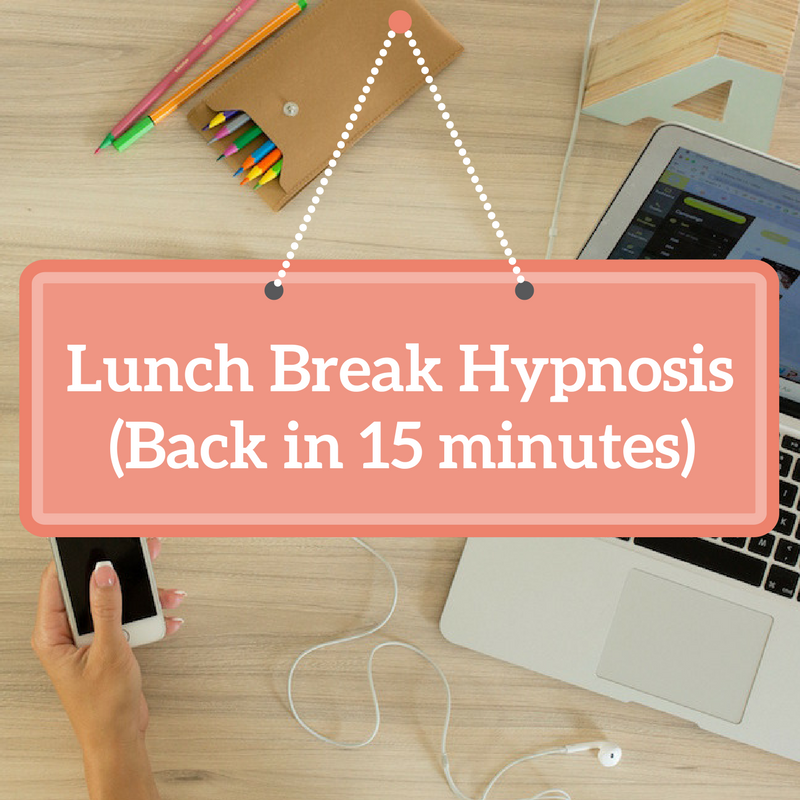Effortless Hypnosis Therapy
Hypnosis therapy can vary in its effectiveness, depending on the
person's unique situation. Here you'll learn what distinguishes the
different types.
Hypnosis therapy comes in different shapes and
sizes, just as people do. What might not work at all for one person may
work amazingly well for another. I think it takes some exploration and
practice with various hypnosis therapy techniques to figure out which
one(s) work best with any given goal that is being worked on.
Also, some techniques just seem to be a better fit than others with who we are and what feels good for us.
4 types of hypnosis therapy
1. Traditional
During traditional hypnosis, a therapist leads you into a deep state of relaxation and then makes “suggestions” for your subconscious mind to work on to achieve your goal. (For example, to quit smoking or relieve anxiety).
There are many very effective hypnosis downloads that can guide you into this relaxed state and give you helpful suggestions. I highly recommend you take a look at Hypnosis Downloads, when you have a moment. These are high quality downloads with high success rates.
2. Ericksonian
Dr. Milton Erickson developed the doctrine of this type of hypnosis that encourages the habitual mind to think and make decisions for itself by using metaphors to emphasize the contrast between two ways of thinking about a problem.
This type of hypnosis requires that you have an experienced hypnotherapist who will lead you into a deep state of relaxation and then use metaphors to achieve the results you desire.
Your subconscious, or habitual mind, will absorb the meaning of the metaphor while your conscious mind will be distracted by it. The suggestions and/or ideas that enter both areas of the mind will open the mind to new ways of thinking and solving problems.
This form of hypnosis may work well with skeptical individuals because the subconscious mind is making all the connections so that the ideas and suggestions can be more effective.
3. NLP (Neuro-Linguistic Programming)
If you’re having difficulty with issues such as self-esteem, anxiety, and confidence, NLP might work for you.
Typically, an NLP hypnotherapist will help you to disassociate from particular thoughts, or activities, that may be hindering your progress towards achieving goals such as losing weight or quitting smoking.
For example, NLP may be used to help you lose weight by reprogramming the associations made with the activities involved in eating. If you’re having difficult losing weight, your hypnosis therapy professional may help you by embedding a “suggested” image into your mind of how you would look if you lost weight.
So, rather than seeing yourself as unhappy because you’re overweight, you’ll see yourself as arriving at the weight you desire – giving you a powerful incentive to keep on the diet or exercise program that will get you to the place you want to be.
NLP is a type of hypnosis used by many in the medical community to help people with severe problems, such as overcoming anxieties, phobias and fears, and addictions.
You can use any of the above types of hypnosis to perform self-hypnosis. (Actually, all hypnosis is self-hypnosis. On some level, you are the one who either accepts or rejects suggestions made to the habitual mind.)
When you reach a deep state of relaxation, you’re relaxed enough to receive ideas and suggestions you tell yourself. You can learn a simply self-hypnosis method by going to this page.
Hypnosis has a common thread in all its forms: Each uses a type of hypnotic induction to bring about an hypnotic state of mind, or trance.
Personally, I think all modalities of hypnosis therapy have their place. Different situations will call for different applications. It's a matter of exploring which approach works best for you.
|
Would you like to try hypnosis therapy for yourself? Take a break with this lunch time hypnosis session. Enjoy:) And, if you like what you hear, please subscribe to The Know Stress Press to receive an even longer therapy session for free! |

